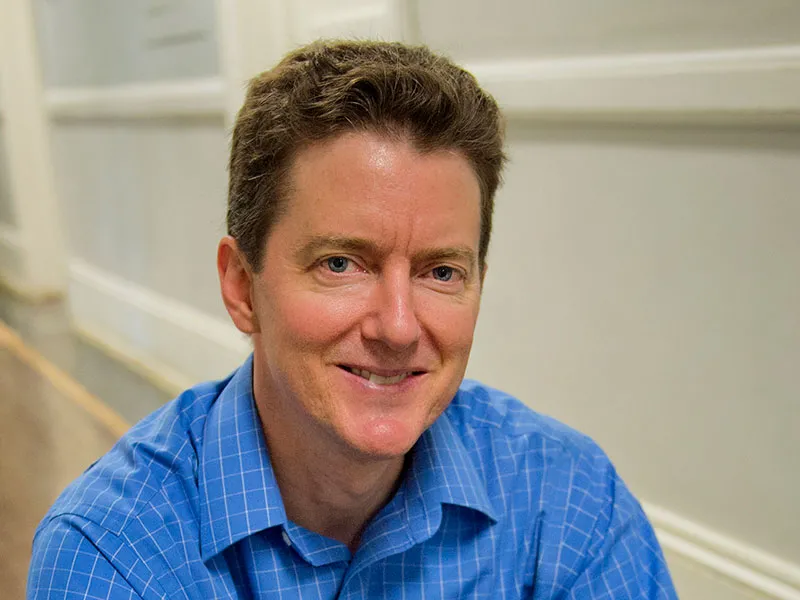
In the eight years since Hurricane Katrina, New Orleans public schools have undergone the most radical overhaul of any school district in the country over the past century, according to Tulane economics professor Douglas Harris.
The stakes are high, and not just for New Orleans residents.
“What is being done in New Orleans is truly historic and could influence not only current and future generations of children in New Orleans, but the future of the nation’s urban school systems,” Harris says. “I have followed these national debates for a decade, and this is no exaggeration.”
To study the dramatic changes in the New Orleans education landscape, Harris has founded the Education Research Alliance for New Orleans. Housed within the School of Liberal Arts, the alliance works with the Cowen Institute for Public Education Initiatives and with the numerous government agencies and education non-profits involved in New Orleans schools, many of which emerged after Katrina.
Upending the “One Best System”
Before the storm hit in August 2005, New Orleans public schools were like most cities and followed the 100-year-old “One Best System.” A superintendent managed all schools in the school district, which were governed by a locally-elected school board. Students were taught by certified and unionized teachers and attended schools mainly based on where they lived.
But that all changed when the hurricane shuttered most schools and scattered students around the nation. That opened the door for alternative forms of public education, such as charter schools that shifted control from the Orleans Parish School Board into the hands of parents and a state agency, the Recovery School District.
In the 2012-13 school year, 84 percent of New Orleans public school students attended charter schools, according to the Cowen Institute’s most recent report on the state of public education in New Orleans. New Orleans leads the nation in the percentage of public school students enrolled in charter schools, with the next-highest percentages in Washington D.C. and Detroit (41 percent in each), according to the Cowen Institute report.
“New Orleans is the only city to have completely upended the traditional school district model,” Harris says.
Extensive research agenda
The Education Research Alliance for New Orleans will conduct rigorous, objective and in-depth study on the reform in New Orleans, to understand what has worked and what has not—and why. Among the many topics on Harris’ extensive research agenda are how parents are making education choices, the extent and patterns of student and teacher mobility, the role of the new teacher workforce and the effectiveness of the system in raising test scores.
Since Harris arrived at Tulane about a year ago, the research alliance has amassed a rich database of school-related information on pre- and post-Katrina. “By looking at what has happened these past few years,” Harris says, “we hope to help our local partners look to the future and try to help the system improve.”
The alliance has begun a monthly Research Brown Bag Series to present research that is both rigorous but also meaningful to educators and policymakers. At the seminar in mid-October, attendees discussed parental choice and New Orleans public schools before and after Katrina.
Harris holds the inaugural Tulane University Endowed Chair in Public Education. He came to Tulane in 2012 from the University of Wisconsin-Madison where he was an associate professor of educational policy and public affairs. He wrote the influential 2011 book, Value-added Measures in Education, which was nominated for a national Grawemeyer Award in education and reviewed by Bill Gates.
In developing the Education Research Alliance for New Orleans, he is continuing his long-standing pursuit of ways to improve education outcomes for low-income students in urban schools. Harris also recently won a $3 million grant from the U.S. Department of Education to conduct a randomized trial on “promise scholarships” given to low-income ninth graders in Milwaukee public schools. The results of the experiment could have a significant impact on the policy landscape for college financial aid.
In the same way, Harris’ research on New Orleans education reform could have a real impact on public education policy across the United States.
“We think we need to learn from this incredible experiment,” he says. “Everybody is watching very closely.”

